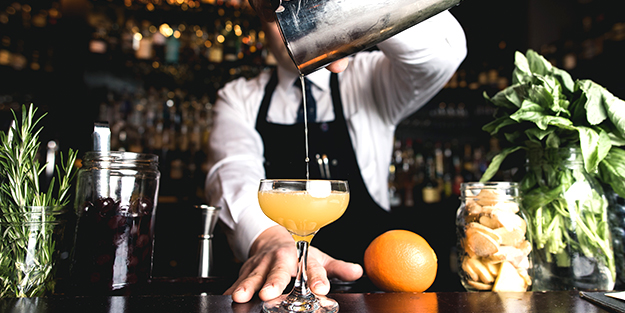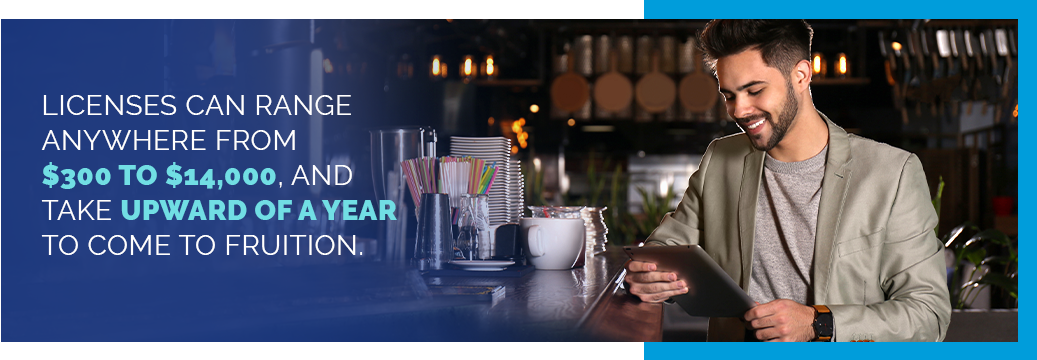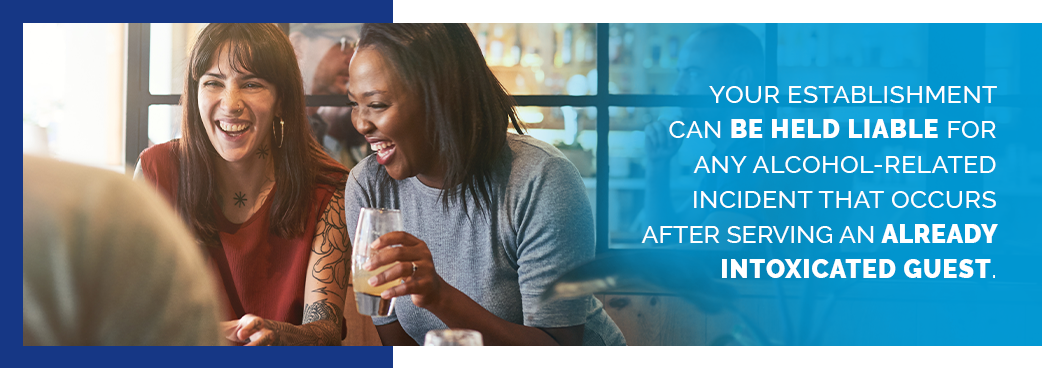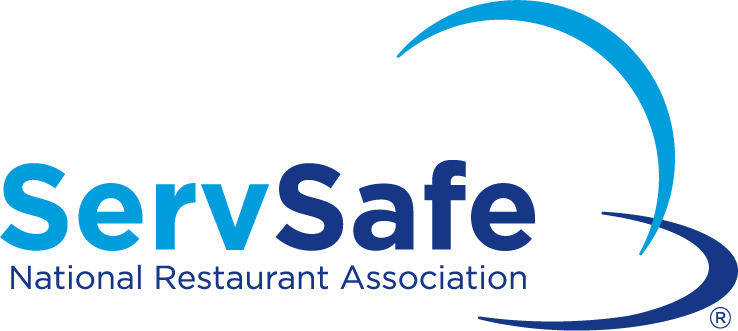BLOG
Protecting Your Customers and Your Liquor License: The Alcohol Service Laws Your Restaurant Needs to Know

The ability to serve alcohol is a prized right for many restaurant operators. In fact, of the restaurants that hold a liquor, beer, or wine license, research shows that about 30% of revenue comes from alcohol sales alone.
Restaurants who have their liquor license revoked often face crippling financial fallout—or even worse—potential closure. The best way for your restaurant to avoid turmoil is to ensure that both management and staff have a clear understanding of the alcohol laws in your state and local jurisdiction. Not only will this help you avoid a bad situation but will also allow your business to reap the rewards of safely serving alcohol.

What Is a Liquor License?
Unlike a driver’s license, which is relatively easy to acquire, obtaining a liquor license is a much more painstaking process. States and counties typically issue liquor licenses in limited amounts while requiring hefty fees, making them exceptional valuable to restaurant operators. Depending on your state and region, licenses can range anywhere from $300 to $14,000, and take upward of a year to come to fruition.
Liquor licenses vary by state and region and the one you obtain typically depends on the type of establishment you operate, but you can expect to see four main types:

Restaurant:
Typically referred to as an all-liquor license because it lets you serve all types of alcohol.

Beer and Wine:
As the name suggests, this license allows you to sell beer and wine products, but the sale of spirits is not permitted.

Tavern:
Commonly used for restaurants that serve both alcohol and food, but have at least 50 percent of their sales solely based on liquor.

Server:
In addition to a liquor license, some jurisdictions also require individual servers to be licensed at an establishment.

What Are Alcohol Service Laws?
It would be impossible for federal, state, and local governments to monitor the service of alcohol at every restaurant or bar. Instead, the responsibility is placed on restaurant owners, meaning it’s up to you and your staff to safely monitor the service of alcohol. When your restaurant obtains a license to serve alcohol, it’s agreeing to abide by the rights, responsibilities, and liabilities put forth by your state’s local liquor authority. Alcohol service laws are intended to help keep your customers safe and your business operating to its full potential. Each law falls under the three categories outlined by the local liquor authorities.
What are your RIGHTS?
Rights are actions that your restaurant can choose to take to responsibly run your business. Many of them are specified in the law. For example, you have the right to refuse service to an individual who fails to show proper age identification or if you suspect they are using a fake or altered ID.
What are your RESPONSIBILITIES?
Responsibilities are actions that you must take under specified circumstances. Again, many of them are already spelled out in the law, such as ensuring an intoxicated guest does not get behind the wheel of a vehicle.
What LIABILITIES could you face?
Liability occurs when you are held responsible for injury and damage that either occurs to your patrons or is caused by them.
The liability of licensees and their employees falls into three areas of law: criminal, administrative, and civil. One situation that could potentially result in all three types of liability is the sale of alcohol to a minor.

| Type of Liability | Arena | Potential Penalty |
|---|---|---|
| Criminal | Court | Fine, Community Service, Jail |
| Administrative | Local Liquor Authority | Fine, Suspension, Revocation |
| Civil | Lawsuit | Money Judgement |
The 13 Alcohol Service Laws You Need to Know

Patrons must be 21 years of age to buy, possess, or drink alcohol in all 50 states.

In most states, it is illegal to sell or supply alcohol to patrons under the age of 21, regardless of how they get it. This also applies to any patron who may pass a drink to someone under the age of 21. It is the restaurant’s responsibility to step in and either remove the alcohol, patrons, or both.

The use of fake or altered IDs is illegal. It is the responsibility of the restaurant to carefully check IDs to make sure they are genuine.

Minimum age to enter a bar. In some states, patrons are not allowed to enter an establishment deemed a bar. A restaurant has the right to set a minimum age to enter the bar area.

Minimum age for servers and bartenders. In some states, the minimum age for servers and bartenders is 21. In many others, servers can be younger than 21.

Selling or serving intoxicated guests. It is the responsibility of the restaurant to halt service to guests who are visibly intoxicated and can potentially cause harm to themselves or other guests.

Serving known alcoholics. Some states hold the establishment and its employees liable for serving a person who is known to be an alcoholic.

Drinking alcohol on the job. Lots of areas prohibit drinking on the job. Even if it is not specifically illegal in your area, a restaurant has the right to impose a policy against it.

Bringing alcohol onto the premises. It is illegal for guests to bring their own alcohol onto the premises unless permitted by law and the company policy.

The sale and service of alcohol is prohibited beyond the legal hours listed on the establishment’s license. These hours apply to both guest and employees and must strictly be followed.

Illegal activities or drugs on the premises. In most states, you can be liable if you knowingly permit illegal activities such as gambling, prostitution, and drug use.

Games and contests that encourage binge drinking. In most states, it is illegal to let people play games that involve drinking to intoxication.

Discrimination against guests. Owners and operators are held liable if their employees discriminate against guests due to race, color, gender (including pregnant women), sexual orientation, age, disability, and religion or creed.

Alcohol Service Training to Mitigate Liability
One state signed a law in 1987, imposing liability on sellers of alcohol who “overserve” intoxicated patrons. Although the law provides an avenue for liability against providers of alcohol, it also provides a statutory defense against liability if the establishment and its employees have proper alcohol service training and credentials.
For example, under the Safe Harbor Act, you and your business are not liable for the actions of your employees if they are alcohol service certified, meaning they are aware and informed that their actions are wrong. As long as they are certified, you and your business are protected from suspension, fines, and/or license cancelation.
Serve Responsibly with ServSafe Alcohol
Not only does proper training mitigate your establishment from liability, but it also ensures better safety for your guests and employees. At ServSafe, we stay on top of the various and changing regulatory requirements for every state and ensure that our certificate program will prepare your employees to serve alcohol responsibly. To learn more about the program or to get started, get in touch with our team.
For more information and resources about responsible alcohol serving practices, sign up for our ServSafe Alcohol training program or connect with our team.
